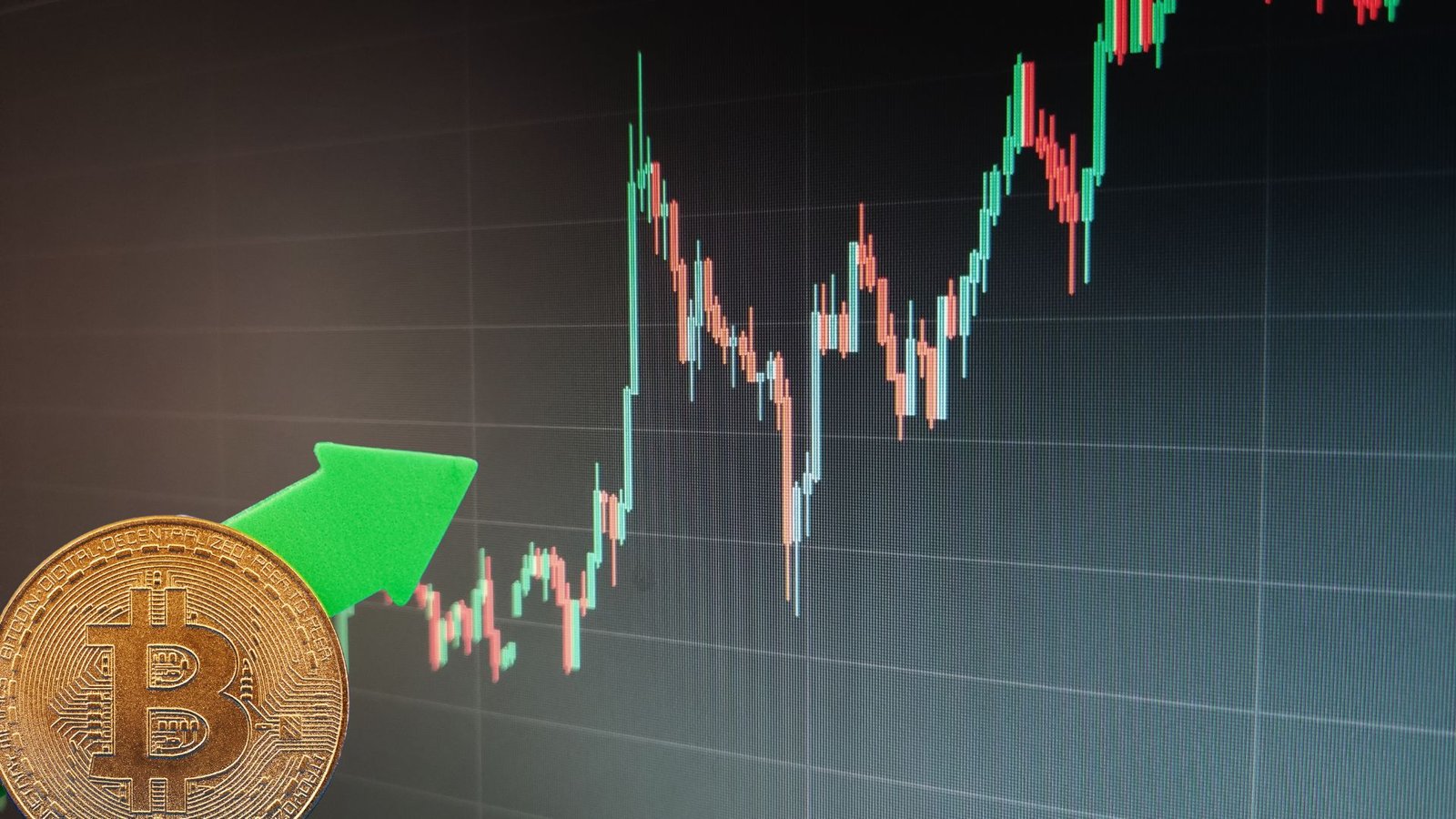UK Seeks Legal Ownership of Seized Bitcoin, Sparking Debate: A Comprehensive Analysis
The United Kingdom has taken a bold step in the ongoing global evolution of cryptocurrency regulations by pursuing legal ownership of seized Bitcoin. While the government has previously confiscated digital assets in criminal cases, this move marks a departure into new territory—one that could set precedents for how authorities around the world handle cryptocurrencies. The decision has ignited both praise and concern, reflecting the complex landscape where financial innovation meets law enforcement. In this article, we explore the background of the UK’s stance, break down the implications for investors and blockchain innovation, and provide insight into potential next steps.
Background: Seized Bitcoin and Criminal Cases
The UK, like many other countries, has seen an uptick in cases involving illegal activities funded by or associated with cryptocurrencies. From money laundering to ransomware attacks, criminals have exploited the pseudonymous nature of digital assets. In response, law enforcement agencies have developed new techniques to track and seize illicitly obtained coins.
- Growing Enforcement: As cryptocurrency adoption increases, so do related criminal activities. In 2021 alone, UK police seized hundreds of millions of pounds worth of Bitcoin and other cryptocurrencies linked to criminal enterprises.
- Existing Framework: Typically, seized assets are held in government-controlled wallets, awaiting court rulings on rightful ownership or disposition.
Now, the UK is looking to legally formalize its claim over these assets, which could have far-reaching consequences for crypto holders and the broader market.
Why the UK Wants Legal Ownership
- Clarify Property Rights: The legal status of cryptocurrencies remains ambiguous in many jurisdictions. By asserting ownership, the UK aims to clarify that seized Bitcoin is property under the state’s authority.
- Recover Funds for Public Use: Governments often liquidate seized assets to fund various state programs or compensate victims. Owning the Bitcoin outright allows the UK to sell, invest, or otherwise manage these digital assets.
- Send a Deterrent Message: Officially claiming ownership of illicit funds underscores a commitment to cracking down on crypto-related crime. This measure might deter criminals who see Bitcoin as a haven.
Legal and Ethical Debates
1. The Nature of Bitcoin as Property
- Digital vs. Tangible: Unlike cash or property deeds, Bitcoin exists purely as digital code on a blockchain. Critics argue that the concept of “ownership” is philosophically different from traditional assets.
- Token or Contract: Some legal scholars classify Bitcoin as a “token” representing access to the blockchain ledger. This classification complicates how one defines “possession” and the rights thereof.
2. Due Process Concerns
- Presumption of Guilt: Seizing and formally claiming ownership prior to a final verdict raises questions about defendants’ rights.
- Asset Forfeiture Laws: The UK has laws allowing the government to confiscate assets involved in criminal activity, but extending them to digital assets may require updated legislation.
3. Market Impact
- Price Volatility: Large-scale government liquidations could affect Bitcoin’s price, though the impact might be mitigated through controlled auctions.
- Investor Confidence: A proactive government approach to seized assets might offer reassurance to some, but it could also raise fears of excessive state intervention in crypto markets.
Investment Implications
- Regulatory Certainty: Investors often welcome clarity. If the UK legally recognizes Bitcoin as property, it may pave the way for more structured regulations, potentially increasing institutional participation.
- Risk Management: On the flip side, the assertion of ownership might open the door to further intervention. Crypto holders may worry that the government could extend similar claims in cases of tax disputes or regulatory breaches.
- Adoption Curve: As the UK strengthens its legal approach to crypto, it could foster a more legitimate environment, attracting businesses and investors seeking a stable regulatory climate.
- Potential for Auctions: Government sales of seized Bitcoin may provide buying opportunities for institutional investors looking to acquire large amounts at auction prices.
Broader Blockchain Perspective
- Innovation vs. Enforcement: Striking the right balance between fostering blockchain innovation and enforcing law and order remains a challenge. Overly strict laws may drive entrepreneurs elsewhere, while leniency could invite criminal elements.
- International Precedent: Other countries are watching the UK closely. If successful, a legal claim over seized crypto could become a standard model globally, influencing how nations approach future regulations.
- Tech Advancement: With law enforcement improving crypto tracking methods, blockchain analytics companies and forensics experts may see increased demand. This could lead to better transparency tools, but also raises privacy concerns.
Possible Future Scenarios
- Legislative Overhaul:
- The UK could introduce new legislation formally categorizing cryptocurrencies as property, thereby streamlining the process of seizing and disposing of illicitly obtained digital assets. This could coincide with broader crypto regulatory reforms.
- Court Challenges:
- Crypto proponents or defendants could challenge the government’s claim to ownership, leading to landmark rulings. Such legal battles might clarify unresolved questions about digital property rights.
- Market Influence:
- If the UK frequently liquidates seized Bitcoin, the supply shocks might occasionally sway market prices. However, gradual sell-offs or auctions could minimize disruptions, signaling a more mature handling of large crypto holdings.
What It Means for Investors
- Heightened Security Measures: Given the government’s increasing effectiveness at tracing and seizing illicit funds, legitimate investors should ensure compliance with KYC (Know Your Customer) and AML (Anti-Money Laundering) regulations to avoid entanglement in seizures.
- Regulatory Clarity: While the new stance can be seen as aggressive, it also lays a clearer foundation for how digital assets are treated under UK law. Investors may benefit from a more transparent environment, aiding risk assessment and portfolio decisions.
- Opportunity in Auctions: When the government liquidates large amounts of seized Bitcoin, it often does so via auctions. Such events can offer discounted Bitcoin to institutional buyers, which might influence market sentiment and provide strategic entry points.
Conclusion: A Bold Move with Far-Reaching Effects
The UK’s pursuit of legal ownership over seized Bitcoin signals a transformative moment for cryptocurrency regulations. On one hand, it provides clarity and a strong deterrent against illicit activities. On the other hand, it raises fundamental questions about the definition of digital asset ownership, property rights, and the balance between innovation and law enforcement.
For investors, the evolving landscape presents both opportunities and risks. Clearer regulations can attract institutional capital and foster mainstream adoption, while concerns over government overreach remain a wildcard that could shape market dynamics. As countries worldwide observe the UK’s approach, the outcome of this policy experiment may well influence the next chapter of global crypto governance.
By understanding the nuances behind the UK’s claim to seized Bitcoin, market participants can navigate the regulatory shifts, mitigate risks, and seize opportunities in a rapidly maturing cryptocurrency ecosystem.











